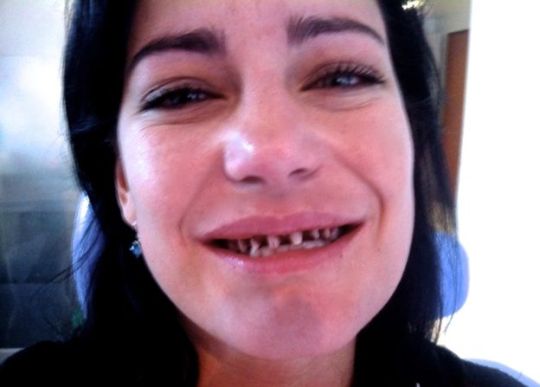Text
cosmetic dentistry procedures
cosmetic dentistry We have a loaded association with dental specialists as power figures. In easygoing discussion we frequently expel them as "not genuine specialists," viewing them more as mechanics for the mouth. In any case, that hate is tempered by dread. For over a century, dentistry has been half-tongue in cheek contrasted with torment. Studies recommend that up to 61 percent of individuals are uncertain about observing the dental specialist, maybe 15 percent are anxious to the point that they maintain a strategic distance from the dental specialist on the whole, and a littler rate have an authentic fear requiring mental intercession.
When you're in the dental specialist's seat, the power irregularity among expert and patient ends up obvious. A covered figure lingers over your prostrate body, using force devices and sharp metal instruments, getting things done to your mouth you can't see, asking you inquiries you can't appropriately reply, and making a decision about all of you the while. The experience at the same time summons physical threat, passionate helplessness, and mental relaxation. A pit or subsiding gum line can all of a sudden vibe like an individual disappointment. When a dental specialist pronounces that there is an issue, that something must be done before it's past the point of no return, who has the mental fortitude or ability to oppose this idea? When he focuses at otherworldly smears on a X-beam, how are we to know what's valid? In other therapeutic settings, for example, a visit to a general professional or a cardiologist, we are genuinely familiar with looking for a moment assessment before consenting to medical procedure or a costly routine of pills with brutal reactions. Be that as it may, in the dental specialist's office—maybe in light of the fact that we both fear dental methods and deprecate their medicinal importance—the motivation is to agree absent much thought, to get the entire thing over with as fast as could reasonably be expected.

The uneasy connection among dental specialist and patient is additionally confused by a grievous reality: Common dental systems are not generally as protected, successful, or sturdy as we are intended to accept. As a calling, dentistry has not yet connected a similar dimension of self-investigation as prescription, or held onto as clearing an accentuation on logical proof. "We are segregated from the bigger social insurance framework. So when proof based strategies are being made, dentistry is frequently let well enough alone for the condition," says Jane Gillette, a dental specialist in Bozeman, Montana, who works intimately with the American Dental Association's Center for Evidence-Based Dentistry, which was built up in 2007. "We're somewhat out of date, yet progressively we are attempting to push the needle ahead."
youtube
Consider the proverb that everybody should visit the dental specialist two times per year for cleanings. We hear it so frequently, and from such a youthful age, that we've disguised it as truth. Be that as it may, this alleged precept of oral wellbeing has no logical establishing. Researchers have followed its roots to a couple of potential sources, including a toothpaste notice from the 1930s and a delineated leaflet from 1849 that pursues the travails of a man with an extreme toothache. Today, an expanding number of dental specialists recognize that grown-ups with great oral cleanliness need to see a dental specialist just once every 12 to 16 months.
1 note
·
View note